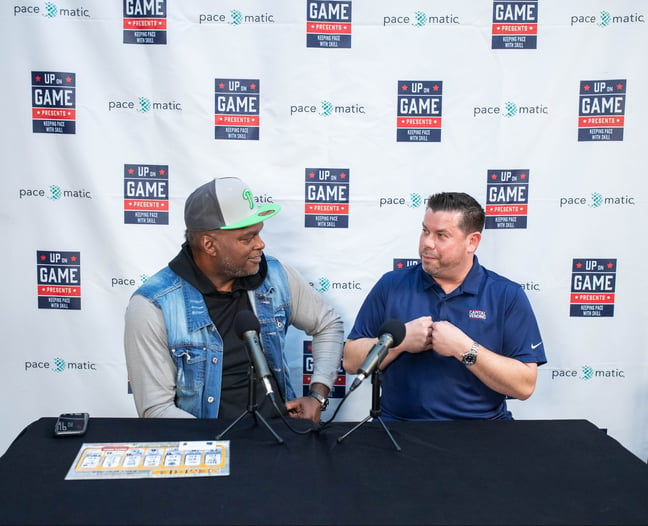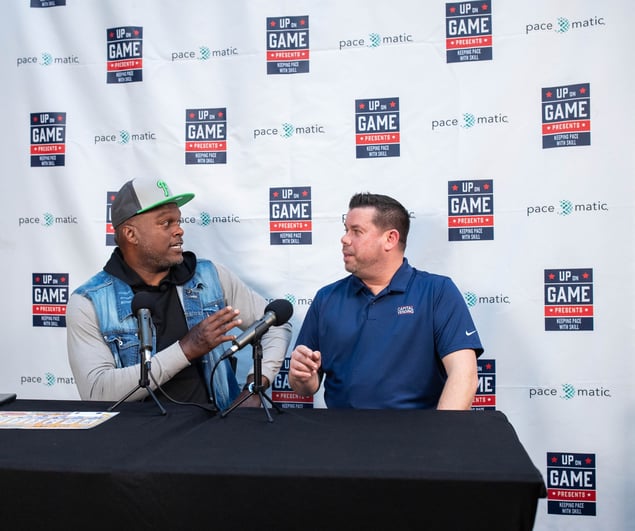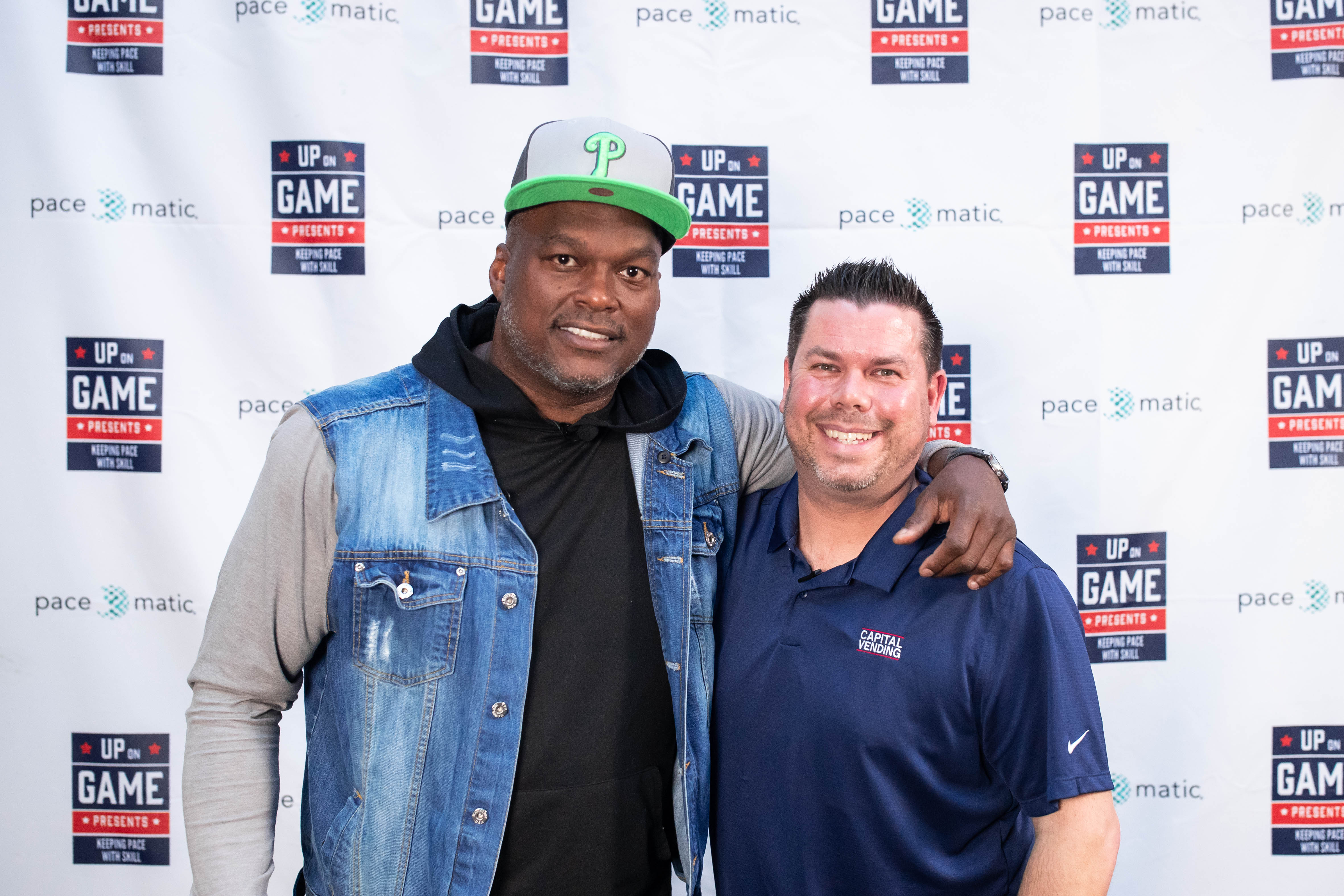In an interview with Joe Calla, President of Capital Vending, as part of Pace-O-Matic's More Than A Game campaign, we delved into the transformative journey of how skill games have significantly impacted small businesses, especially in the amusement industry. This insightful conversation with Calla sheds light on the evolution of the amusement business, the introduction of skill games, and the positive outcomes experienced by both business owners and their locations.
Based in Harrisburg, Pennsylvania, Capital Vending has been a family business since the 1960s. A second-generation owner, Calla joined the business in 1996. Over the years, the company has evolved from traditional amusements like CD jukeboxes and video games to becoming a comprehensive amusement service provider, offering a diverse range of equipment to bars, taverns, clubs, bowling alleys, and more across central Pennsylvania.

The amusement industry has witnessed significant changes over the decades, from 45-record jukeboxes in the '80s to CD jukeboxes in the '90s. The introduction of digital music with TouchTunes in the early 2000s marked a pivotal moment. However, the industry experienced a dip in the 2000s until the emergence of skill games.
Calla's first encounter with skill games came when Lou Miele introduced him to a small skill machine, emphasizing its potential for business growth. Initially cautious, it took Capital Vending a few months to understand and fully embrace this new technology. The company invested time in educating both employees and customers, paving the way for a successful integration of skill games into their offerings.
Within the first year of introducing skill games, Capital Vending noticed a substantial increase in revenue. This positive trend continued, leading to the hiring of additional employees and the ability to upgrade existing equipment. Small businesses, including bars and taverns, experienced a boost in revenue, enabling them to make improvements such as infrastructure upgrades, staff incentives, and even offering healthcare benefits.

COVID-19 posed challenges for the amusement industry, especially with the temporary closure of bars and restrictions on indoor dining. However, Capital Vending adapted by implementing creative solutions, such as placing speakers outside to continue generating jukebox revenue. Despite the hurdles, the company bounced back in 2021, and many locations under their service reported their best year ever.
Calla emphasizes the need for the regulation and taxation of skill games. By cleaning up the market and limiting the number of machines and their locations, he believes it would benefit both the industry and the state, generating additional tax revenue while ensuring responsible growth.
Calla’s interview highlights the positive impact of skill games on small businesses, demonstrating how they have been a driving force for growth, innovation, and resilience in the face of challenges. As part of Pace-O-Matic's More Than A Game campaign, stories like Joe Calla's showcase the multifaceted benefits of skill games, not just as entertainment but as catalysts for economic empowerment and community development.
Discover More Stories




.png)
